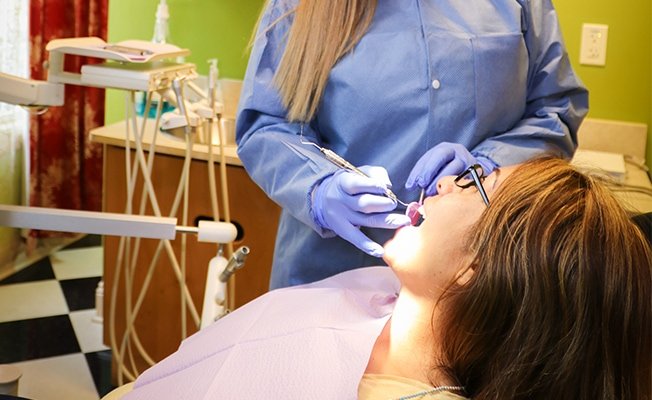Dental bridge – a time-tested tooth replacement option in Kennesaw, GA
For a long time, mankind has understood that a full set of teeth is essential to an attractive smile, clear speech, oral health, and enjoyment of eating. Throughout dental history those traits have been restored using a dental bridge. Dr. Kay Kalantari offers this sound dental solution at Dentistry and Orthodontics at Kennesaw Point in Kennesaw, GA.
Why replace missing teeth ?
Most people get 32 adult teeth, so why worry if a few are lost, right? Wrong!

Which dental bridge is best for Kennesaw, GA patients ?
A traditional dental bridge consists of two crowns that fit over your own prepared teeth, with an artificial tooth (or several) between. The unit is affixed in place for chewing stability. The procedure is similar to getting a crown, and typically requires just two visits.
With an implant-retained bridge, healthy teeth need not be reduced for crowns. This type of bridge restores up to five consecutive missing teeth with just two dental implants as anchor points.
A Maryland bonded bridge has “wings,” which are cemented to the backs of adjacent teeth, rather than using crowns. While dental implants are now used more frequently, a cantilever bridge replaces teeth at the back of the mouth where there is only one adjacent tooth.

